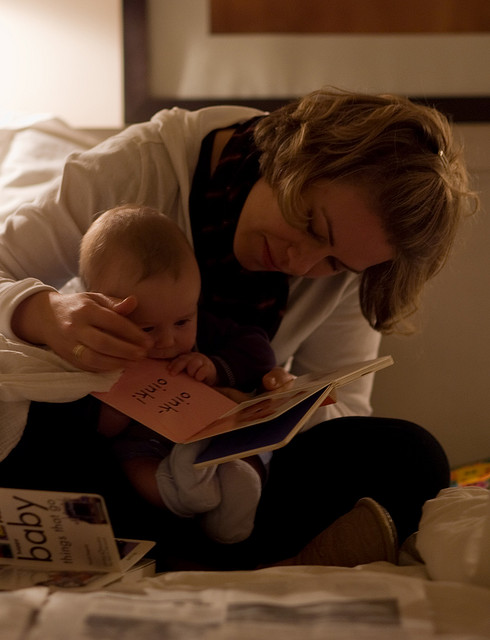How to even the educational playing field for Latino kids

*I’m skeptical of “How to” headlines that assume knowledge of a secret sauce to fix a problem. But I can’t help myself, I click on them anyway, that’s what the headlines are designed to make me, us, do. You’ll have to read to the fifth paragraph to find the secret sauce: home visits by health or social workers. They’re right, home visits have been making a significant difference in family health, the idea is to extend that to parent and child education (again, this is already happening in many instances in the Latino community). If there is a secret sauce in this editorial piece, it’s a call for more funding for home visits. That may be worth the headline, and the read. VL
By The Los Angeles Times Editorial Board
On the day they start kindergarten, Latino children are often already at a disadvantage. Their social skills and readiness to listen and learn are top-notch, but their cognitive and verbal skills, abilities that strongly predict future academic success, tend to be significantly less developed than those of their white peers. If they have attended preschool, that may have helped, but a new study from UC Berkeley confirms what other research has found: The discrepancy starts much earlier, and even high-quality preschool makes up only about a third of the deficit. Why the big difference? According to child-development experts, the parents of white children are talking to their children more, telling stories, reading books and inviting them to suggest their own ideas — even when they’re too young to speak.
In other words, preschool alone will not prepare toddlers for success in school. That’s a problem. But solutions are clear, inexpensive and relatively easy to achieve.
Click HERE to read the full story.
[Phoro by Lars Plougmann/Flickr]
